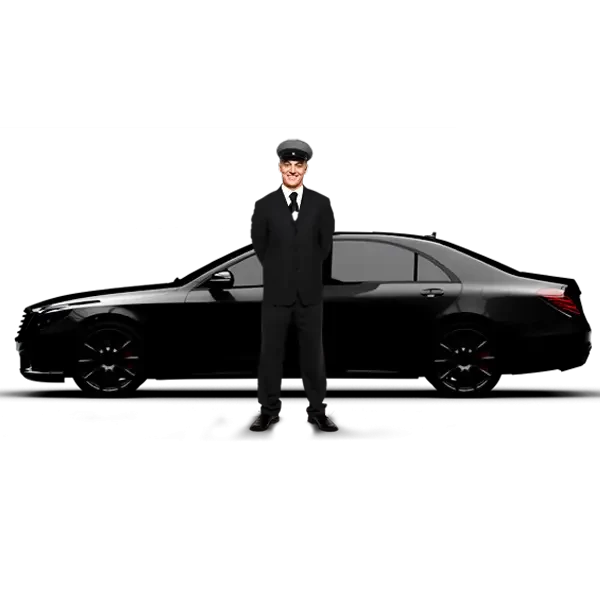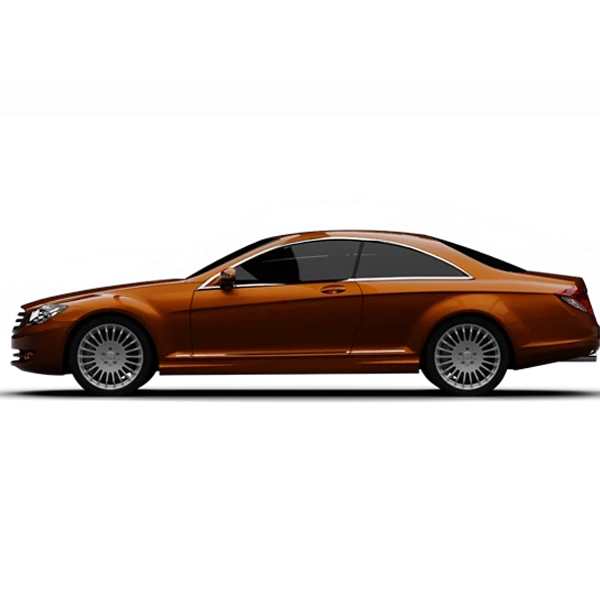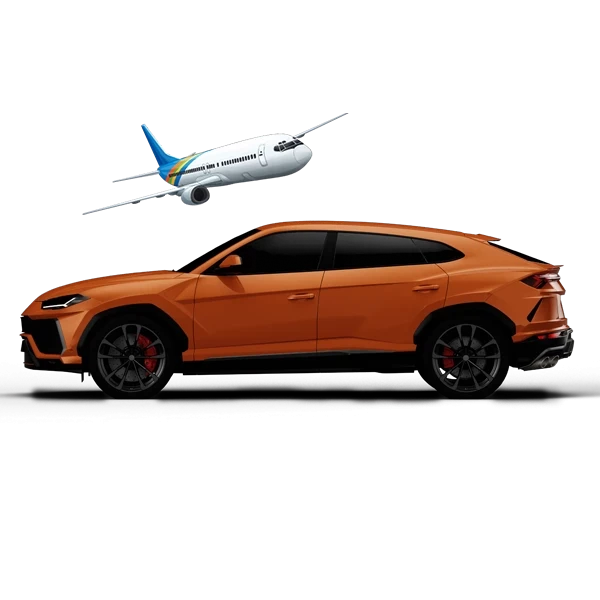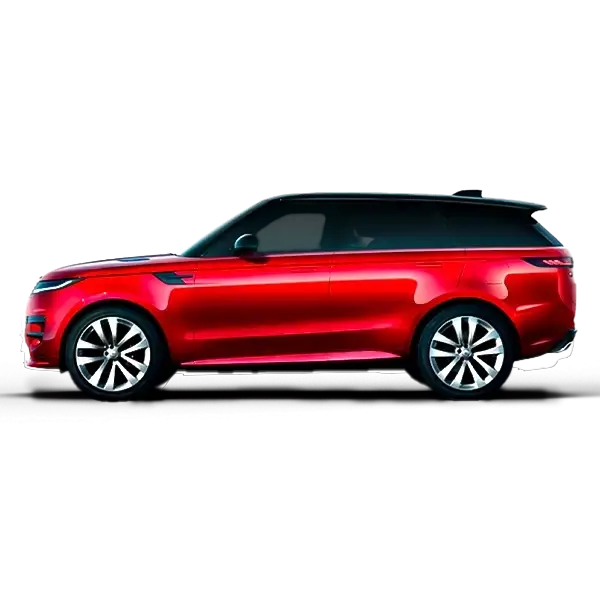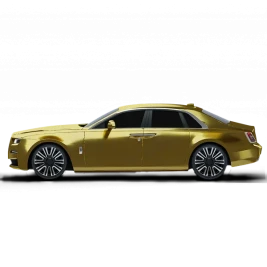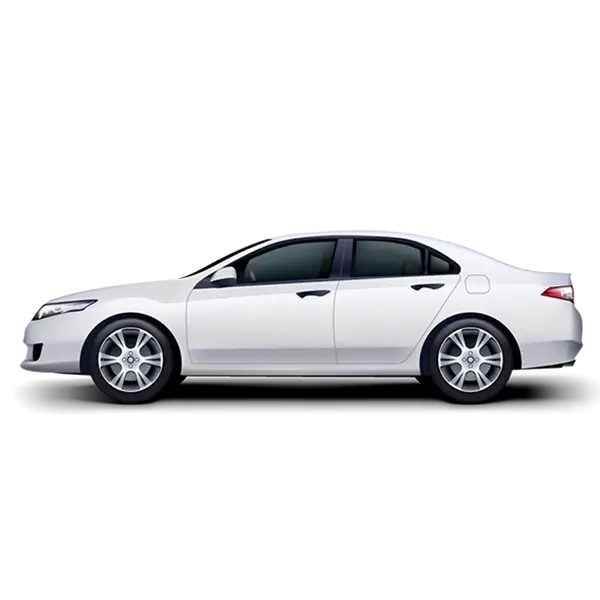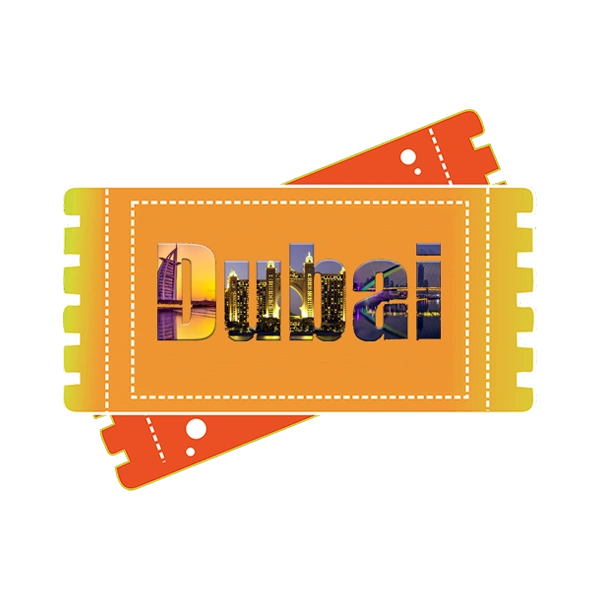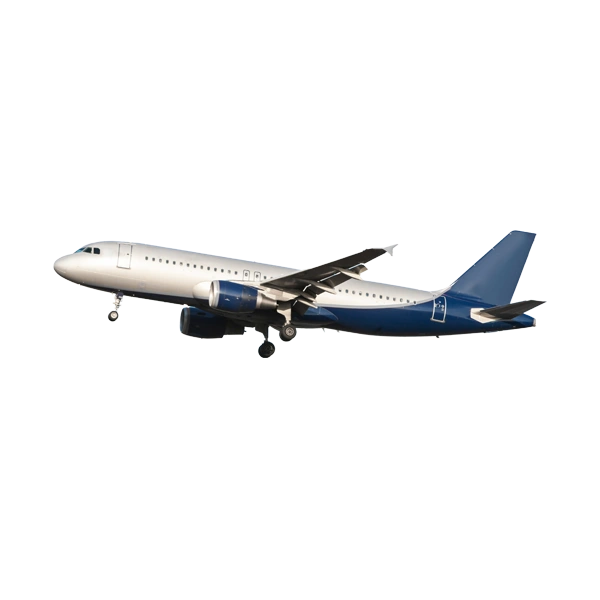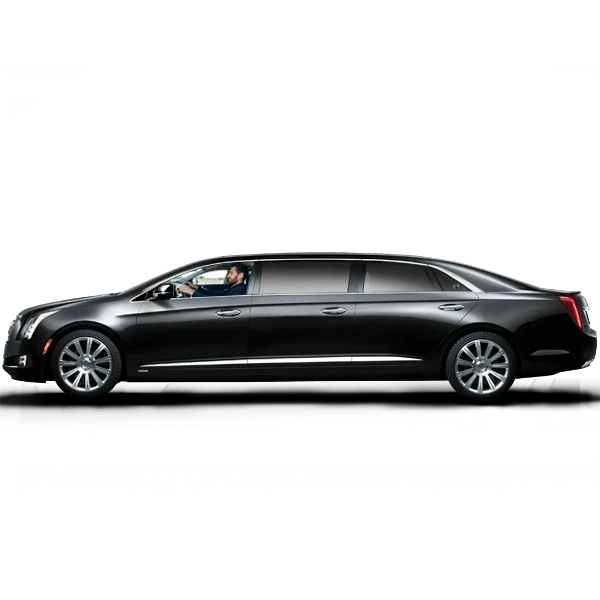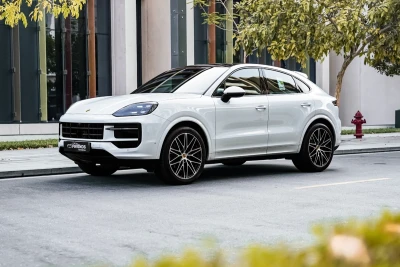Will AI Replace Drivers in Dubai? Predictions for Autonomous Cars
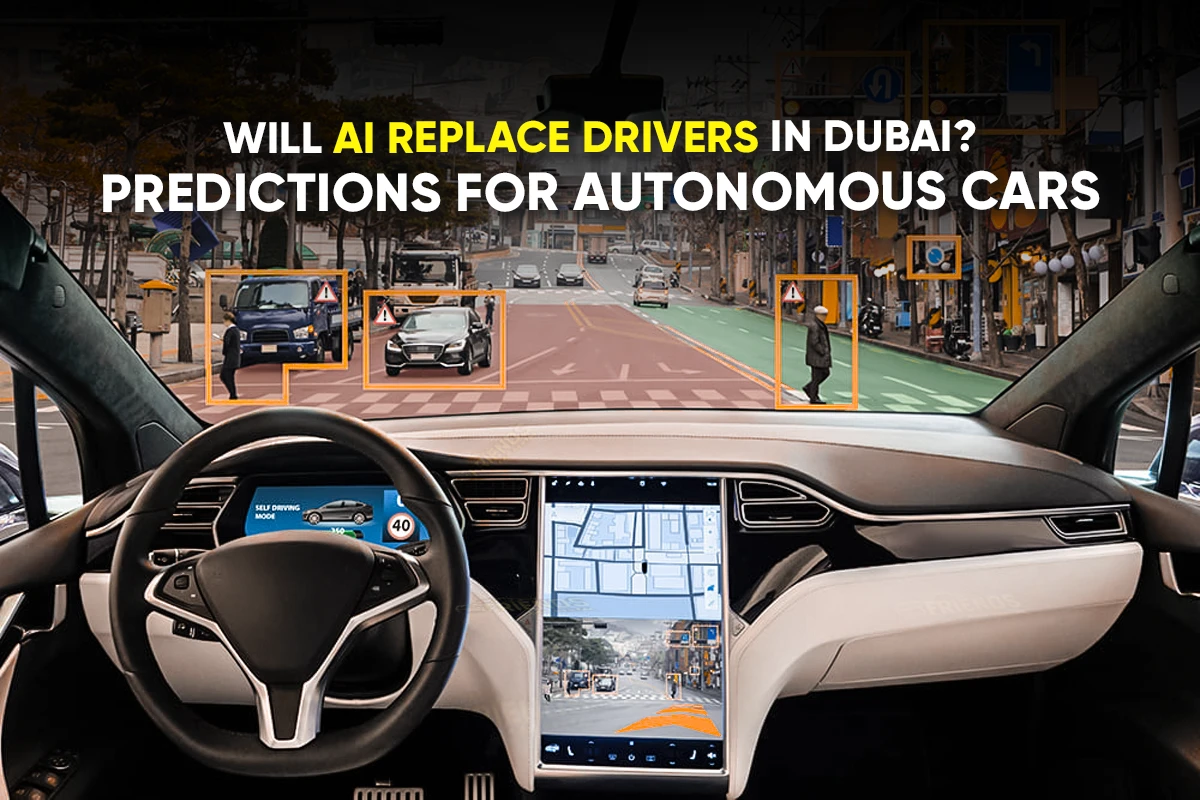
Dubai’s ginormous ambition to stay at the forefront of smart & green mobility could soon redefine its entire transport ecosystem, with autonomous vehicles (AVs) becoming the cornerstone. With some pilot projects underway, Dubai sets a remarkable target of 25% of all trips to be autonomous by 2030. What does it mean for human drivers? Will AI replace drivers in Dubai? This blog explores Dubai’s push for autonomous cars, the potential impact on drivers, and predictions for the future of transportation in the emirate. Let’s dive in.
Will AI Replace Drivers in Dubai?
Well, AI has the ability to replace drivers in Dubai, but to what extent remains uncertain, as it entirely depends on the level of autonomy achieved. However, there is a massive possibility of AI replacing drivers in the distant future.
Dubai’s Autonomous Vehicle (AV) Ambitions
Let’s first explore the emirate’s initiatives & ambitions to achieve fully autonomous transport soon. Dubai’s Roads and Transport Authority (RTA) has partnered with global tech giants like Cruise, Pony.ai, WeRide, and Baidu to trial robotaxis and other self-driving vehicles. They already showed some positive outcomes in 2023, with their robotaxi trial—Cruise deploying autonomous Chevrolet Bolts in the Jumeirah district.
By the end of next year, 2026, Pony.ai and Baidu will possibly launch fully driverless commercial services in Dubai, adding steps to RTA’s goal of 4,000 self-driving taxis by 2030. These AVs will certainly feature advanced AI, sensors, lidars, radars, and cameras that are designed to navigate Dubai’s roads safely and efficiently.
With Dubai’s sweltering heat and unique urban layout as both challenge & opportunity, the authorities & partner companies leverage them to build relevant & sustainable AVs. The bustling city roads and never-sleeping highways present the best testing grounds for AI refinements before scalability.
Furthermore, Dubai's regulatory framework, including Law No. 9 of 2023, sets strict safety and operational standards to ensure AVs meet rigorous benchmarks before hitting the roads. These all indicate the emirate’s undeterred determination to achieve its AV goals in the near future.
Can AI Replace Drivers in Dubai?
Technically, theoretically, and practically: Yes, AI can replace drivers, as we’ve already seen the evidence: WAYMO, operating driverless taxis in the United States. Given the evidence, can we not expect the same in Dubai? However, the more pertinent question for Dubai is: will AI replace Dubai drivers, and to what extent? Completely? Well, that remains to be seen, as the precise scope and timeline of full-scale deployment are still under continuous development and refinement. Hopefully, soon we’ll all witness the true potential of AVs on Dubai’s streets.
AI replacing drivers in Dubai hinges on the level of autonomy achieved. To understand this better, it's crucial to grasp the Society of Automotive Engineers (SAE) levels of vehicle automation. The SAE defines six distinct stages, from Level 0 (no automation, human drives completely) to Level 5 (full automation, no human intervention ever required).
Most vehicles today operate at Levels 1 or 2, offering driver assistance features like adaptive cruise control or lane keeping. Dubai’s current trials are actively pushing towards Level 4 automation, where vehicles can operate autonomously without human input in specific, defined areas or conditions. However, Dubai’s ultimate goal is Level 5, which represents full autonomy in all driving scenarios, effectively making the concept of a driver obsolete.
The Case for Replacement
AI-driven vehicles promise significant benefits that could both enhance efficiency and address some of the current limitations of human-driven transport, potentially reducing the need for human drivers. Here are some arguments for the possible replacement of drivers by autonomous mobility in Dubai:
Victoria Transport Policy Institute states that over 90% of road accidents are due to human error. AVs, with their real-time data processing and lack of fatigue, could drastically reduce collisions.
Autonomous taxis can operate 24/7, optimizing routes and reducing congestion.
Dubai RTA estimates autonomous transport could save AED 1.5 billion annually by cutting pollution by 12%.
By eliminating driver salaries, companies could lower operational costs, making services like robotaxis more affordable than traditional taxis or ride-hailing.
Autonomous taxis have the potential to dominate Dubai’s transport sector, especially for first- and last-mile connectivity. This potentially reduces demand for traditional drivers. This aligns with Dubai's ultimate vision for a highly efficient and integrated autonomous transport system.
The Case Against Full Replacement
While there are compelling arguments in favor of AI-powered AVs, there is no certainty that they will completely replace human drivers. Several interesting reasons suggest a more nuanced future, including:
Drivers do more than steer vehicles. They handle customer interactions, navigate unexpected road conditions, and manage vehicle maintenance. AI may not necessarily have the ability to master complex urban environments.
Current AVs excel on highways but falter in busy city streets with unpredictable pedestrian behavior or construction. Dubai’s diverse road culture, including pedestrians in traditional attire, adds complexity.
High-profile accidents globally have made regulators cautious. Public skepticism, as noted in a 2018 survey where only 34% of US drivers trusted AV safety, could slow adoption. Dubai’s rigorous testing aims to build trust, but scaling remains a challenge.
Rather than eliminating jobs, AVs may shift roles. Drivers could transition to remote monitoring, fleet management, or maintenance, as seen in trials where human operators oversee AVs in complex scenarios.
Considering these AV limitations and human intervention requirements, there is a possibility of co-existence, rather than complete replacement.
Predictions for Autonomous Cars in Dubai
While autonomous vehicles (AVs) are undoubtedly a cornerstone of Dubai's future, the precise timelines and ultimate impact may still hold some surprises. However, certain outcomes are highly probable with AI's integration into Dubai’s automotive industry, while others remain speculative predictions, including:
1. Widespread Robotaxi Adoption by 2030
With partnerships like Uber, WeRide, and Baidu, Dubai is poised to roll out thousands of autonomous taxis by 2030. These will likely focus on high-demand areas like Jumeirah and Downtown Dubai, integrating with metro and tram networks for seamless mobility. This widespread adoption promises a truly transformative shift in Dubai’s daily commute and tourism experience.
2. Hybrid Model for Drivers
Certainly, human drivers will likely coexist with AVs for a few more decades. While semi-autonomous systems (Level 4) will handle highway driving, humans manage urban routes and customer service. Teleoperation centers, where drivers remotely control multiple vehicles, could emerge as a new job category.
3. Economic and Environmental Impact
While autonomous transport could save Dubai billions annually through reduced accidents and emissions, initial investments will be in billions. This massive transition will require significant investment in infrastructure, such as high-definition maps and 5G networks, to support AVs. This significant investment is expected to solidify Dubai's position as a global leader in smart mobility, generating substantial economic returns in the long term.
4. Challenges Ahead
With the advancements of this innovative industry, cybersecurity risks, high development costs, and public acceptance remain hurdles. Dubai’s RTA is addressing these through stringent regulations and public trials. However, scaling to 25% autonomous trips by 2030 will demand sustained innovation.
What Does it Mean for Dubai Drivers?
As mentioned earlier, a complete replacement of human drivers by autonomous vehicles isn't an immediate reality in Dubai. Human drivers will co-exist with the AVs and Dubai’s smart automotive spectrum, complementing each other’s limitations.
As the innovation picks up pace and reaches its full potential, the landscape for traditional drivers will undoubtedly transform, and current roles may eventually become a distant memory. Having said that, this evolution will simultaneously create exciting new opportunities for drivers to leverage their existing skills and acquire new ones, which will potentially include:
Roles in Fleet management, specialized customer service for AV passengers, and data analysis for optimizing AV routes and performance are emerging fields.
Drivers can train in AV maintenance, AI system monitoring, or teleoperation, aligning with Dubai’s tech-driven economy.
Drivers could pivot to broader logistics or mobility startups, leveraging Dubai’s supportive ecosystem for tech innovation.
Conclusion
Dubai’s push for a smart metropolis with autonomous mobility will completely transform its transportation sector in the future. However, the complete replacement of human drivers with AI-powered autonomous vehicles (AVs) will still take more than a decade. Until full-fledged automation takes over the smart roads of Dubai, drivers and AVs will work side-by-side, complementing each other’s strengths; for instance, AVs are likely to excel on highways, while human drivers expertly navigate the complexities of city roads and provide essential customer interaction.
After a few decades, human drivers might have to shift their profession to new roles that will contribute to the smooth operation of the AVs on Dubai roads, which can be specialized roles in fleet management or enhanced service for AV passengers. While this future definitely seems both futuristic and sustainable, the personal touch and adaptability of human interaction will be missed.
Written by: FriendsCarRental
Published at: Sun, Jul 20, 2025 4:16 PM
Leave a Reply
Your email address will not be published. Required fields are marked *
Car Rental in Dubai
AED 2500
DAY
AED 0
MONTH
-
 SUV
SUV -
 4 Doors
4 Doors -
 5 Seats
5 Seats
- 1 Day Rental Available
- Deposit: Not Required
- Insurance Included
AED 5500
DAY
AED 0
MONTH
-
 Sports
Sports -
 2 Doors
2 Doors -
 2 Seats
2 Seats
- 1 Day Rental Available
- Deposit: Not Required
- Insurance Included
AED 1200
DAY
AED 0
MONTH
-
 SUV
SUV -
 4 Doors
4 Doors -
 5 Seats
5 Seats
- 1 Day Rental Available
- Deposit: Not Required
- Insurance Included
AED 1600
DAY
AED 0
MONTH
-
 SUV
SUV -
 4 Doors
4 Doors -
 5 Seats
5 Seats
- 1 Day Rental Available
- Deposit: Not Required
- Insurance Included
AED 1500
DAY
AED 28500
MONTH
-
 SUV
SUV -
 4 Doors
4 Doors -
 5 Seats
5 Seats
- 1 Day Rental Available
- Deposit: Not Required
- Insurance Included

 عربي
عربي
 English
English
 Français
Français
 Русский
Русский
 中国人
中国人
 Nederlands
Nederlands
 Española
Española
 Türkçe
Türkçe
 Italiana
Italiana



